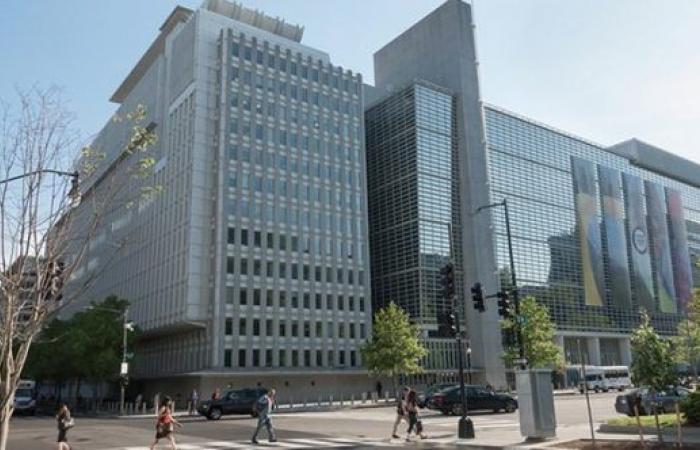The Board of Directors of the World Bank validated, on November 26, 2024, a new program aimed at strengthening the management of household and similar waste (GDMA) in Morocco. With funding of $250 million, this program aims to support the strategic investments and reforms necessary to improve the financial and environmental sustainability of the sector.
A strategic context for urban areas
With more than 60% of the population residing in urban areas, Moroccan cities play an essential role in the country’s economic development. As part of the New Development Model, Morocco places the quality of life and the attractiveness of urban spaces at the heart of its priorities. Household waste management, although marked by notable progress, remains a major challenge.
Thanks to previous support from the World Bank, the National Program for the Management of Household and Similar Waste (PNDM) has made it possible to improve the collection of urban waste, reaching 96% in 2022, compared to only 40% in 2008. However, problems environmental and financial issues remain, notably the reduction of landfilling and the recovery of waste.
Faced with these challenges, Morocco launched in 2023 the National Household Waste Recovery Program (PNVDM), which favors sustainable practices focused on more responsible management of resources. This program emphasizes landfill reduction and waste recovery initiatives, while integrating economically viable and environmentally friendly models.
The new program supported by the World Bank will provide direct support to the objectives of the PNVDM. In particular, it plans to strengthen the management of controlled landfills to improve the performance of the sector and to put in place solutions to close and rehabilitate uncontrolled landfills. This funding will also help identify new sources of revenue to sustain waste management activities, while aligning Morocco’s efforts with its climate commitments under the Paris Agreement.
The initiative also includes monitoring of greenhouse gas emissions generated by the waste sector, enabling rigorous analysis of its environmental impact. In addition, it will promote the development of appropriate policies and the implementation of waste recovery solutions.
According to Moustapha Ndiaye, director of the World Bank for the Maghreb and Malta, this program illustrates the institution’s commitment to sustainable urban development in Morocco. He stressed that this initiative is part of a continuity, aimed at strengthening the quality of urban infrastructure while supporting efforts to adapt and mitigate climate change.
The program also benefits from support from the Global Disaster Risk Reduction Facility (GFDRR) and the Public-Private Infrastructure Advisory Facility (PPIAF), which provide valuable technical expertise. This support aims to support the implementation of innovative solutions adapted to the needs of the waste sector in Morocco.
LNT
Share this article:







